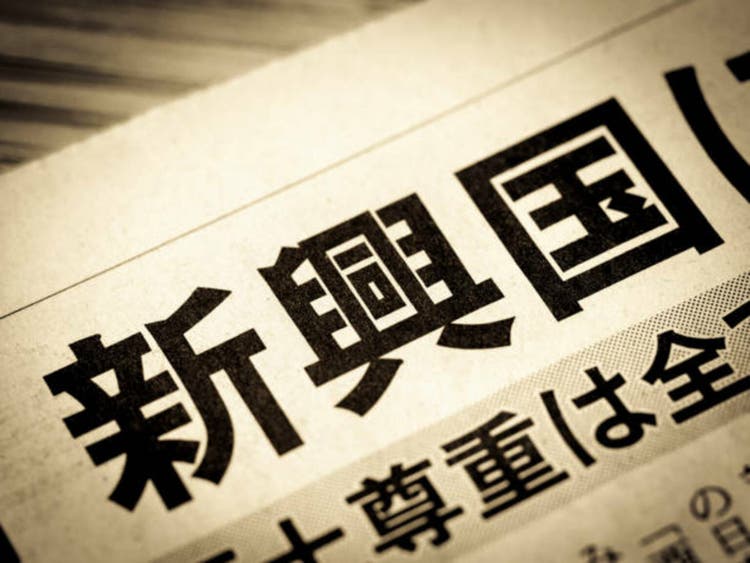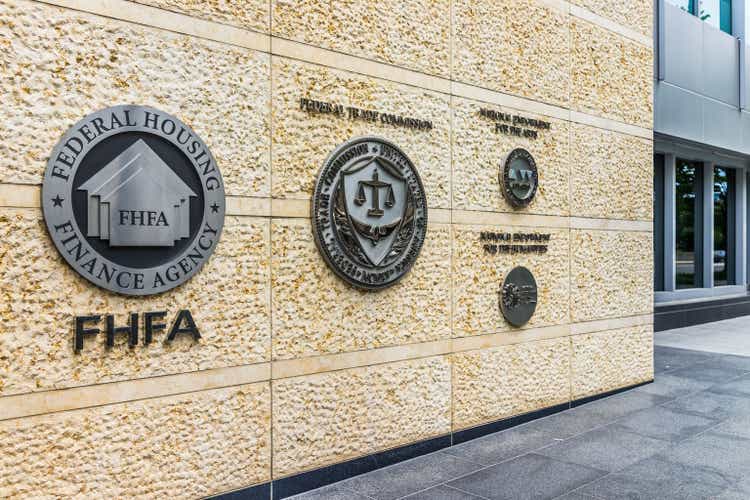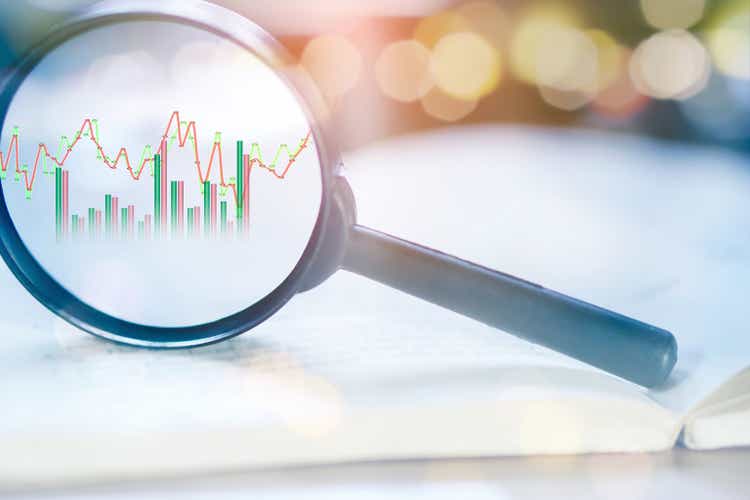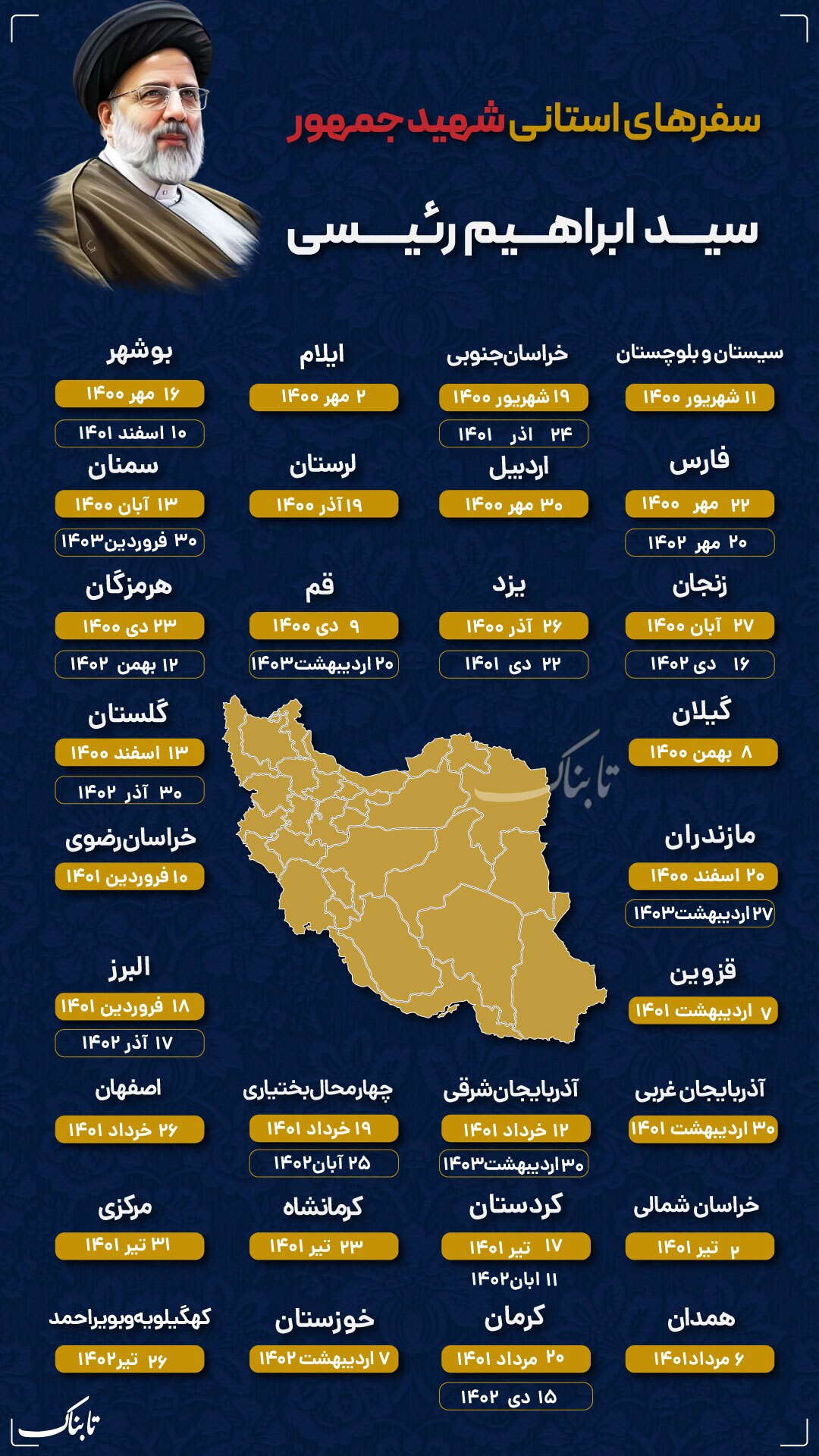- Geopolitical risks are top of the pile for JPMorgan Chase CEO Jamie Dimon, and a new unit from America’s largest lender aims to help clients see beyond the headlines. Despite skepticism about what investment banks will add to research on foreign affairs, the leader of JPMorgan’s Center for Geopolitics told Fortune it will leverage the expertise of more than 100,000 employees who live outside the U.S.
Massive cyberattacks, global conflicts, and a renewed nuclear arms race are the types of things that worry JPMorgan Chase CEO Jamie Dimon most. As the world undergoes perhaps the biggest political and economic shift since World War II, America’s largest bank has set up a new unit to help businesses navigate an increasingly uncertain landscape.
JPMorgan officially launched its Center for Geopolitics on Wednesday, releasing analyses on the future of Russia and Ukraine, the Middle East, and America’s industrial base as the world re-arms. Some may view the initiative simply as a PR exercise. But the group’s leader, Washington guru Derek Chollet, told Fortune the “lean and mean” operation is meeting an emerging customer need.
“Beneath [Dimon’s] advocacy and very public discussion of all this over the last several years is there’s a sense that this really matters to clients,” said Chollet, who recently served in the Biden administration as chief of staff to former Defense Secretary Lloyd Austin and a senior policy advisor to former Secretary of State Antony Blinken. “This is a demand-driven exercise, for sure.”
In his most recent letter to shareholders, Dimon warned of a breakdown in the post-World War II order. He also reflected on its evolution in a note accompanying the new center’s first reports, recalling turning points such as 1968, when the country reeled from the assassinations of Martin Luther King Jr. and Robert F. Kennedy, and became increasingly divided over the Vietnam War.
“Today, I believe we are once again at a hinge point in history,” Dimon wrote.
Future reports from the new unit will cover U.S.-China competition, the “re-wiring” of global trade, the A.I. revolution, and the impact of populist movements on democratic institutions and multinational companies.
“Our greatest risk is geopolitical risk,” Dimon wrote, echoing his message to stockholders last month.
Wall Street looks to Washington
Chollet’s job is to ensure clients big and small are also positioned to take advantage of new opportunities. Many mid-market firms may operate internationally, he said, but often lack armies of consultants or enough internal expertise to look for insight beyond the headlines.
“Trying to help clients see around corners a little bit,” said Chollet, “which is, I think, ever more important given the number of corners we have in our world right now.”
Wall Street firms, meanwhile, have recently begun adding military, intelligence, and other government insiders to their ranks. Last year, JPMorgan hired retired General Mark Milley, the former chairman of the Joint Chiefs of Staff, as a senior advisor. Earlier this month, meanwhile, Citigroup brought on Robert Lighthizer, who served as U.S. trade representative during President Donald Trump’s first term.
Marko Papic, chief strategist at BCA Research, is skeptical these appointments will be effective, though. He also doesn’t think the big banks can add much to scholarship on foreign affairs.
“The media and the academia already do this,” said Papic, the author of Geopolitical Alpha: An Investment Framework for Predicting the Future. “I don’t need another person writing a glossy PDF.”
He also raised concerns about the ability of investment banks to produce independent analysis about markets they do business in.
“Will they be able to operate in that country?” Papic said. “Will they be able to participate in the next bond auction?”
On the other hand, Papic also wonders if staffing an institute with former officials who have spent their careers protecting American interests will result in narrow perspectives.
It’s a fair concern, Chollet noted, one he’s been thinking about for much of his professional life.
“Our job is to call it as we see it,” said Chollet, a Carnegie distinguished fellow at Columbia University’s Institute of Global Politics.
Leveraging the expertise from JPMorgan’s more than 100,000 employees outside the U.S., he said, will help.
This story was originally featured on Fortune.com

 5 hours ago
1
5 hours ago
1















 English (US) ·
English (US) ·